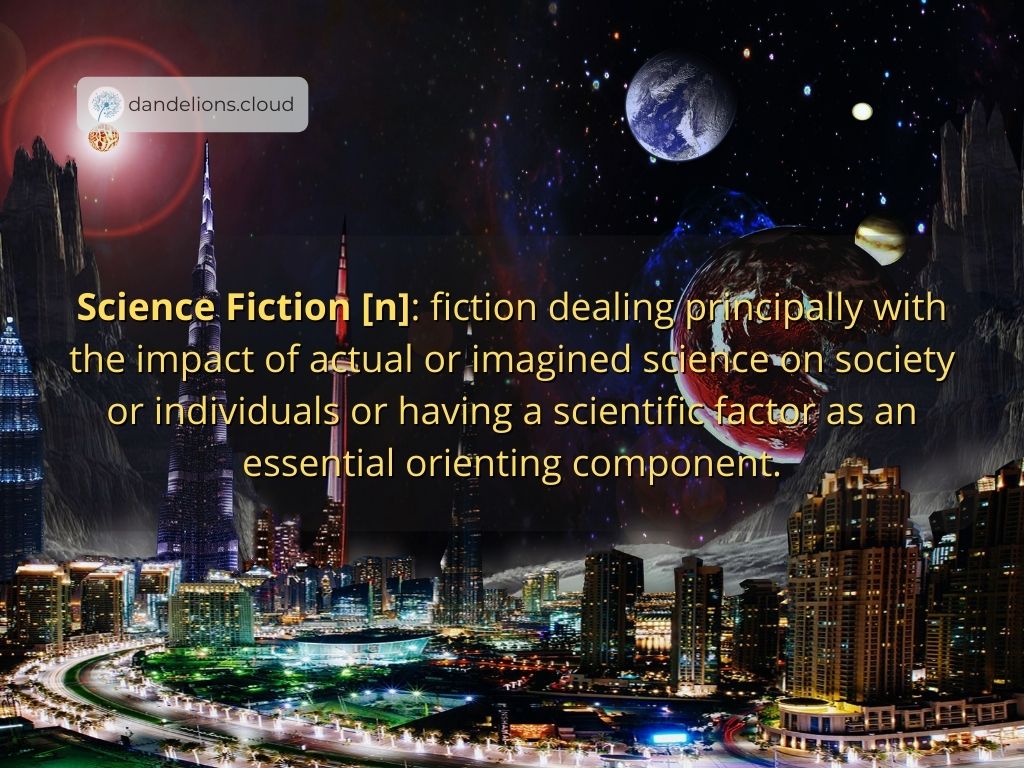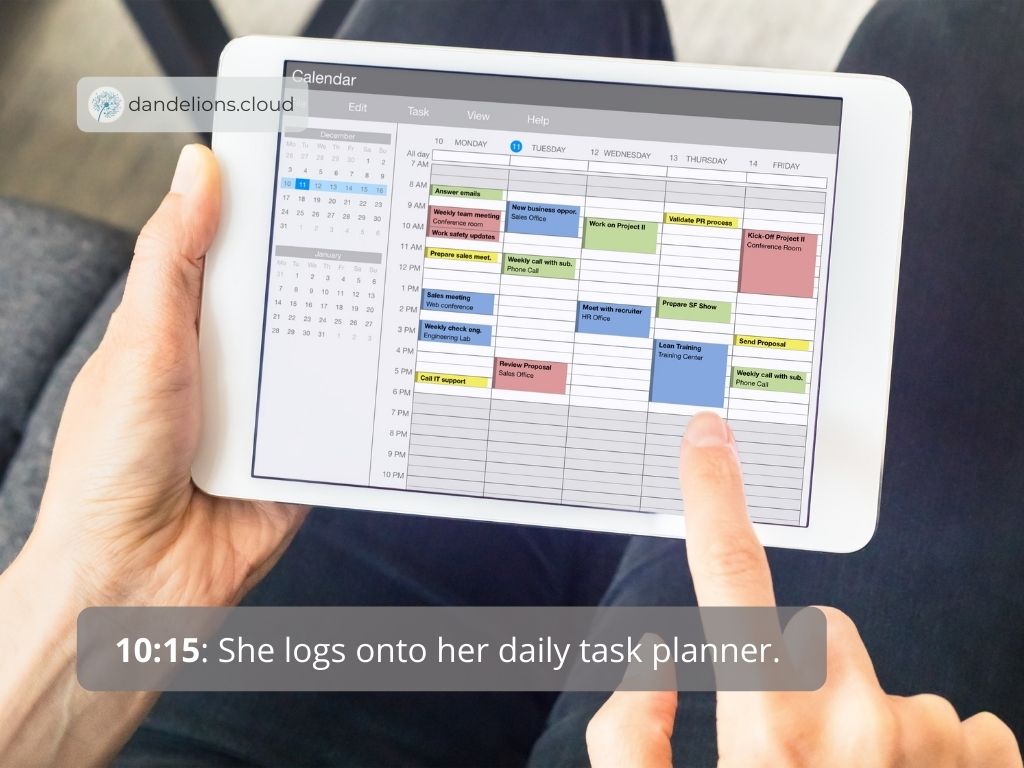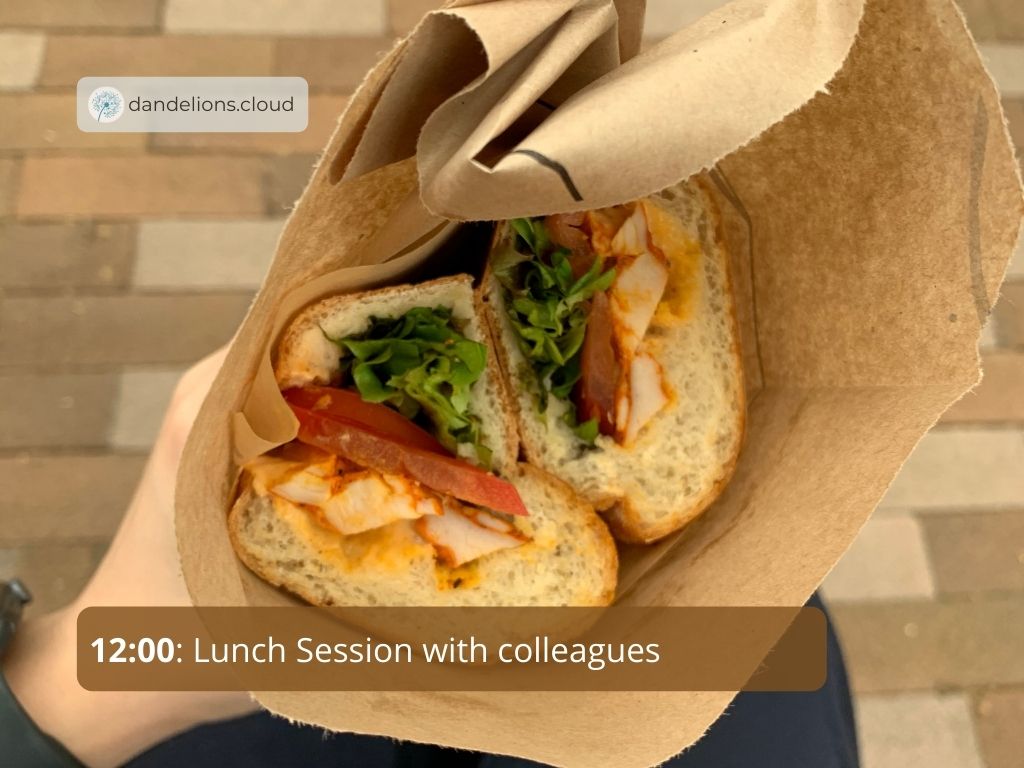Science Fiction [n]: fiction dealing principally with the impact of actual or imagined science on society or individuals or having a scientific factor as an essential orienting component.

The term that was first used in 1898 has inspired millions of people across the globe, including Harindi Perera.
The limitless creativity and ingenuity of these fictional worlds sparked joy for her as a young woman.
While studying STEM throughout high school, it clicked to her that what she saw in these movies were less fiction and more science.
Given the right tools, she could be the engineer that builds it all.
At that moment, she was determined that she was going to be an engineer.
And her determination has paid off.
Right now, she is working with Dandelions as an Electrical Engineer!
So, what does A Day In The Life Of Dandelions Electrical Engineer look like?
Before we begin, let us talk about how you can become an Electrical Engineer.
How To Become An Electrical Engineer?
Balance Your Knowledge
Electronics engineering is an incredibly challenging yet rewarding career.
Harindi describes it as designing blueprints for the brains of a complex system.

A healthy balance of theoretical knowledge and practical application of learned concepts is what gets a person's foot in through the door, especially if you are starting off in the industry.
A few personal requirements to having a successful career in electrical engineering are as follows:
Practical and creative
Inept in technical design and enjoy computing
Ability to identify, analyse and solve problems under strict deadlines
Do I Need An Internship To Become An Electrical Engineer?

Internships are an opportunity for professional exposure, allowing you to get a real look into how a company operates.
It’s also a chance to get a competitive advantage over your peers. Therefore , it is highly recommended for you to start interning at organisations while you study.
You can definitely get a job with just the degree, however, companies get hundreds of applicants and it’s always helpful to step out of the crowd.
Degrees allow for a strong foundation. However, delving into more external projects and internships will help build confidence in your skills.

A Day In The Life Of A Dandelions Aerospace Engineer
Now that you know what it takes to become an Electrical Engineer, let us look at what a typical day is like in the shoes of Harindi Perera.
9:30: She comes in with a coffee from her favourite cafe down the street.

9:40: Catches up with her colleagues about the upcoming projects and discussion regarding targets for the electronics work.
10:15: She logs onto her daily task planner and checks to see what tasks past Harindi left for her to do for the day.

This usually comprises of:
Design-build sessions for on-table proof of concepts
Design of PCB schematics and board layout design
Functionality / Thermal or Vibration testing of electronics either physically or on simulation software
Firmware development for computing modules
Documentation/Report writing
Correspondence with Aerospace/Mech team for cross-team integration during integration project phases.
12:00: Lunch Session with colleagues, whether it’s homemade or from our local cafes/restaurants. We always enjoy supporting our local businesses!

13:00: A continuation of the tasks before lunch. This is also the time she has most of her meetings with the suppliers and partners in projects.
17:00-17:30: Cools down from the day and set tasks for the next day.
Do Electrical Engineers Usually Work Overtime?

As for Harindi, she definitely tries not to as she believes she is most productive and successful when she has a healthy work-life balance.
However, the tasks and projects that she leads have strict deadlines and she is more than happy to continue working to get the job done.
In addition, if a project is close to completion and a few of the team need to stick around a little longer, there’s always good banter to go around.
Conclusion
So, now you know how you can become an Electrical Engineer and what a day in the life of a Dandelions Electrical Engineer looks like.
If you have been wanting to become an engineer, believe in yourself and do not stop learning.
As Johann Wolfgang Von Goethe said:

Knowing Is Not Enough;
We Must Apply.
Wishing Is Not Enough;
We Must Do.
Study hard, work hard, and don't stop believing.
We know you can do it! 💪🏻


